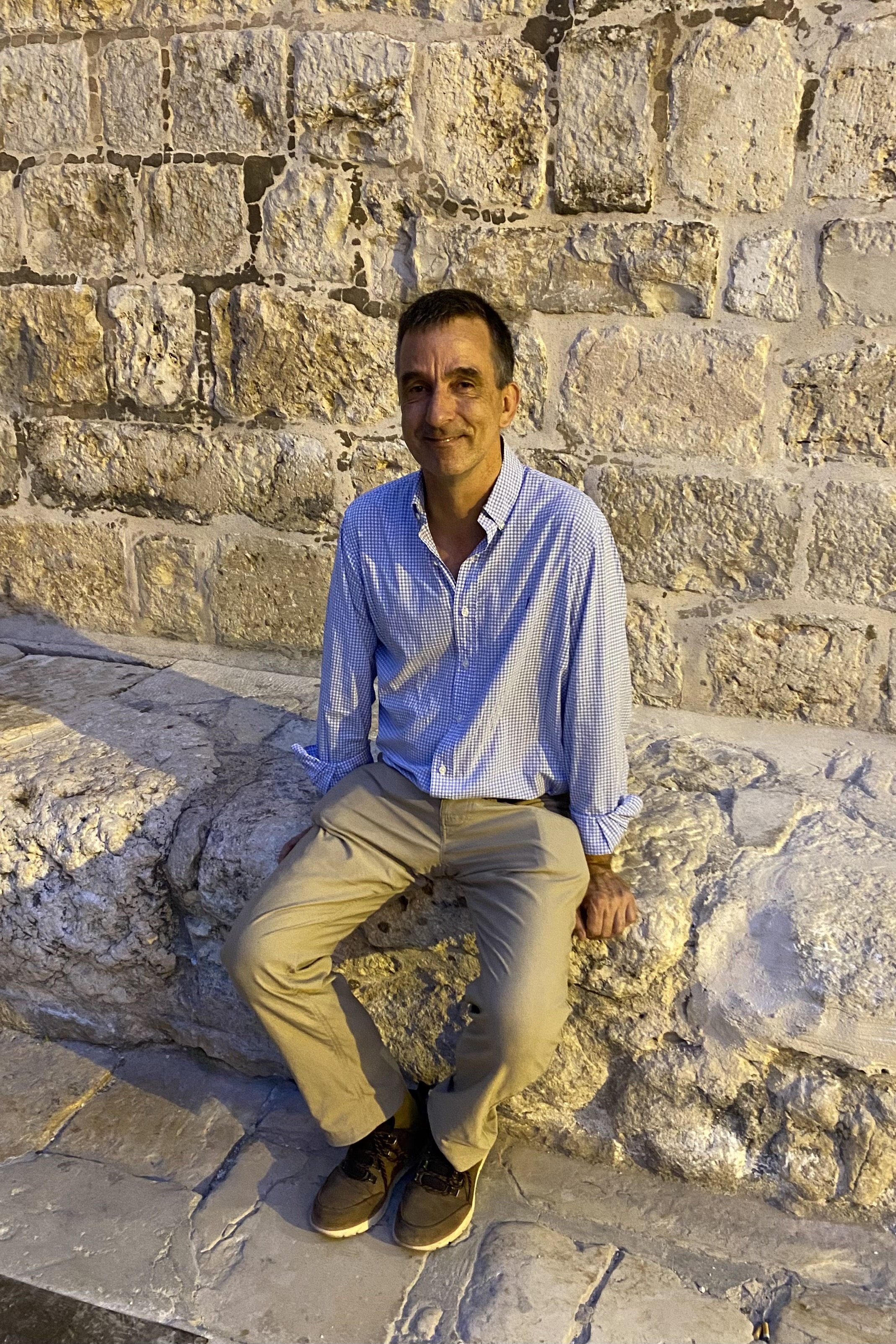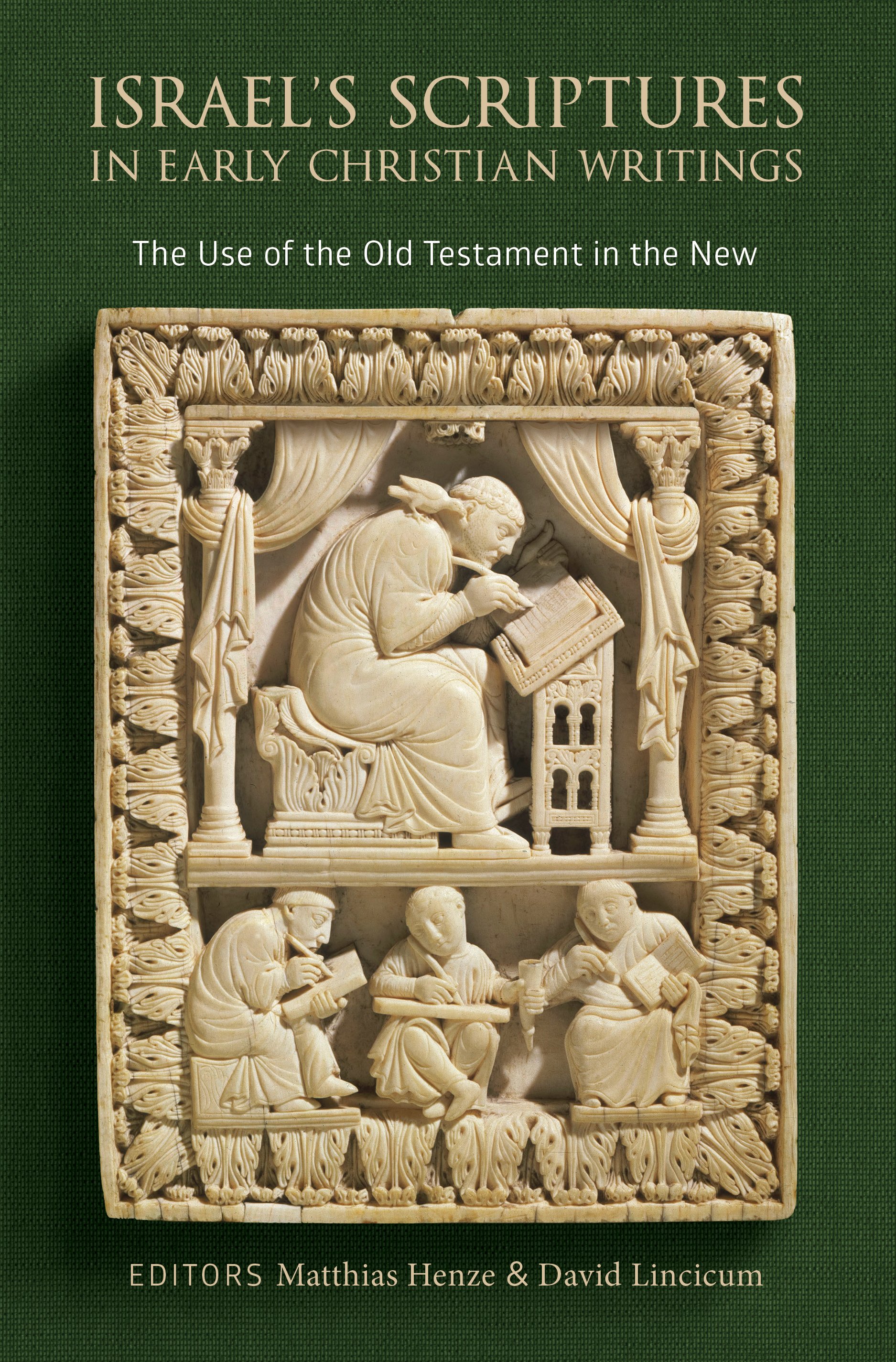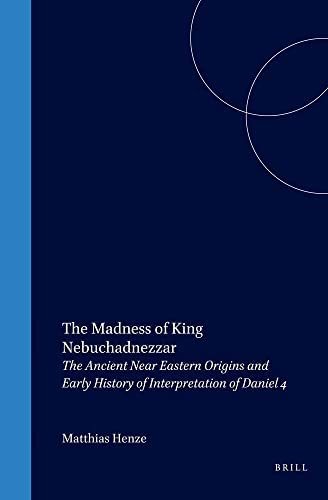Hi, I’m
Matthias.
I am the Isla Carroll and Percy E. Turner Professor of Hebrew Bible and Early Judaism in the Religion Department at Rice University in Houston, Texas. I also serve as the founding director of Rice’s Program in Jewish Studies.
In my academic work I study and write on the literature of ancient Israel. Beyond the books in the Hebrew Bible, a wealth of other texts, particularly from the late Second Temple period, have come down to us. They include the Dead Sea Scrolls and texts that are sometimes called the Apocrypha and Pseudepigrapha. Those are the ancient Jewish books in which I am primarily interested.

The late Second Temple period was a time of unprecedented creativity, lasting institutional changes, and above all immense literary production. I imagine how a literary history of ancient Judaism might look like that covers the period roughly from the time of Alexander the Great in the fourth century BCE to Hadrian early in the second century CE, and whose sole focus is not the Hebrew Bible but that takes seriously the wealth of early Jewish writings and their many interconnections
Research Interests
The Literary History of Early Judaism
Apocalyptic Literature
I have long had an interest in early Jewish and Christian writings about the end time. My dissertation was on the book of Daniel, chapter 4. I have also edited and translated a text known as the Syriac Apocalypse of Daniel. Since then my interests have shifted to 2 Baruch, a Jewish apocalypse from the late 1st century CE preserved and transmitted primarily in Syriac. I am currently writing a commentary on 2 Baruch, to be published in the Commentaries in Early Jewish Literature series, the first commentary ever written on this text.
Biblical Ethics
What does the Bible have to say about the moral issues of our time? If the academic discipline of biblical studies wants to remain relevant in a rapidly changing world that is not always friendly to the Humanities, it has to be able to explain the relevance of the Bible for today’s most pressing ethical issues. I am interested in biblical scholarship that is honest about its contributions as well as its limitations and that makes a compelling case for a responsible use of the Bible/religion in our contentious moral debates.
The Transmission of Texts and Their Manuscripts
It is impossible to study early Jewish literature without having a solid grasp of the manuscripts in their diverse language traditions. Together with my dear colleague Frank Feder, I have edited a three-volume work, Textual History of the Bible: The Deuterocanonical Scriptures. It brings together for the first time all available information about the textual history, the manuscripts, and the textual character of each of the deuterocanonical books from the time of their composition to the 10th century CE.
The History of Biblical Interpretation
We are not the first to read the Hebrew Bible. Recently scholars have paid much attention to the history of biblical interpretation in its many forms, particularly during the late Second Temple period. I have edited three volumes on the topic: one on biblical interpretation at Qumran; a companion on biblical interpretation in early Judaism; and, together with the amazing David Lincicum, a comprehensive handbook on the Old Testament in the New.
Publications
Israel’s Scriptures in Early Christian Writings: The Use of the Old Testament in the New. Edited by Matthias Henze and David Lincicum. Grand Rapids: Eerdmans, 2023. xxvi + 1,140 pp.
A systematic assessment, in forty-two essays, of the use of Israel's Scriptures in the New Testament, written by a formidable cadre of international experts.
Early Judaism and Its Modern Interpreters. Second Edition. Edited by Matthias Henze and Rodney A. Werline. Atlanta: Society of Biblical Literature Press, 2020. xxiii + 645 pp.
A collection of twenty-three articles on all aspects of early Judaism, roughly from the time of Alexander the Great to the Emperor Hadrian, on the history, archaeology, and literature of ancient Israel.
Textual History of the Bible. Volume 2: The Deuterocanonical Scriptures. Edited by Frank Feder and Matthias Henze. 3 volumes. Leiden: Brill, 2019–2020.
A comprehensive and systematic analysis of all available information regarding the canonical and textual histories, manuscript traditions, and textual character of the deuterocanonical books.
The Old Testament Pseudepigrapha: Fifty Years of the Pseudepigrapha Section at the SBL. Edited by Matthias Henze and Liv Ingeborg Lied. Early Judaism and Its Literature 50. Atlanta: Society of Biblical Literature Press, 2019. xvii + 448 pp.
This jubilee volume celebrates fifty years of the Pseudepigrapha at the Society of Biblical Literature. Twenty-one contributors reflect on the history of the Pseudepigrapha session at the SBL and look to the future of Pseudepigrapha studies.
The Embroidered Bible: Studies in Biblical Apocrypha and Pseudepigrapha in Honour of Michael E. Stone. Edited by Lorenzo DiTommaso, Matthias Henze, and William Adler. Studia in Veteris Testamenti Pseudepigrapha 26. Leiden: Brill, 2018. xlvi + 1,054 pp.
What a pleasure to celebrate the life’s work of Michael E. Stone with this Festschrift. Forty-seven international experts pay their tribute with original work on primary texts in their diverse language traditions.
Mind the Gap: How the Jewish Writings Between the Old and New Testament Help Us Understand Jesus. Minneapolis: Fortress Press, 2017. ii + 235 pp.
My first book written specifically for a general audience (no footnote!). It explains in plain language the relevance of the non-biblical early Jewish writings, including the Dead Sea Scrolls, for our understanding of Jesus and the early Jesus movement.
4 Ezra and 2 Baruch: Translations, Introductions, and Notes. Michael E. Stone and Matthias Henze. Minneapolis: Fortress Press, 2013. x + 141 pp.
English translations, with brief introductions, of two important Jewish apocalypses of the late first century CE, 4 Ezra and 2 Baruch.
Fourth Ezra and Second Baruch: Reconstruction After the Fall. Edited by Matthias Henze and Gabriele Boccaccini, with the collaboration of Jason M. Zurawski. JSJSup 164. Leiden: Brill, 2013. xvi + 456 pp.
The proceedings of the Sixth Enoch Seminar (June 2011) on 4 Ezra and 2 Baruch. A group of international experts writes about the social and historical contexts of these two texts, as well as their place in early Judaism and Christianity.
A Companion to Biblical Interpretation in Early Judaism. Edited by Matthias Henze. Grand Rapids: Eerdmans, 2012. xv + 568 pp.
A handbook on the great variety of biblical interpretation in early Judaism, divided into seven parts: inner-biblical interpretation; rewritten Bible; Qumran; apocalyptic literature; Wisdom literature; Hellenistic Judaism; and biblical interpretation in antiquity.
Jewish Apocalypticism in Late First Century Israel: Reading Second Baruch in Context. Texte und Studien zum Antiken Judentum 142. Tübingen: Mohr Siebeck, 2011. x + 448 pp.
A detailed examination of 2 Baruch, or the Syriac Apocalypse of Baruch, with particular attention paid to its composition, its use of different literary genres, its theology, and its similarities with the writings of the New Testament.
Hazon Gabriel: New Readings of the Gabriel Revelation. Edited by Matthias Henze. Early Judaism and Its Literature 29. Atlanta: Society of Biblical Literature; Leiden: Brill, 2011. xiii + 219 pp.
A critical edition and comprehensive analysis of the so-called Jeselsohn Stone, also known as the Hazon Gabriel or the Vision of Gabriel.
Biblical Interpretation at Qumran. Edited by Matthias Henze. Studies in the Dead Sea Scrolls and Related Literature. Grand Rapids: Eerdmans, 2005. xiii + 214 pp.
Papers of a conference at Rice University (February 2001) by some of the leading Qumran scholars on the diverse forms of biblical interpretation found in the Dead Sea Scrolls.
The Syriac Apocalypse of Daniel: Introduction, Text, and Commentary. Studien und Texte zu Antike und Christentum 11. Tübingen: Mohr Siebeck, 2001. v + 158 pp.
A critical edition, with introduction and annotated translation, of the Syriac Apocalypse of Daniel, based on Manuscript Syriac 42, housed at Harvard University’s Houghton Library.
The Madness of King Nebuchadnezzar: The Ancient Near Eastern Origins and Early History of Interpretation of Daniel 4. Supplements to the Journal for the Study of Judaism 61. Leiden: Brill, 1999. xii + 295 pp.
A revised form of my dissertation on Daniel 4 (Harvard University, 1997). I argue for the ancient Near Eastern origins of the motif of King Nebuchadnezzar’s transformation into an animal and, at the same time, trace the history of interpretation of that same motif in early Judaism and Christianity, particularly in Syriac Christian texts.
-
-
- -
-
-
- -
-
-
- -
My primary teaching objective in the undergraduate classroom is to foster intellectual curiosity and independence of thought. To achieve this, students are asked to engage critically with the material, reflect on their own preconceived notions, demonstrate a willingness to examine these assumptions critically, and learn how to articulate and defend an argument that is well-reasoned and reflects their own thinking.
While at Rice, I have won two undergraduate teaching awards, the Phi Beta Kappa Teaching Prize (in 2003), and the George R. Brown Award for Superior Teaching (in 2009; 2010; and 2015).
Teaching
Undergraduate Teaching
My graduate teaching focuses on the ancient writings of Israel “beyond the Bible,” that is, on the Apocrypha, the Pseudepigrapha, and the Dead Sea Scrolls, though all of the dissertations I have supervised have a canonical component. The goal is to train graduate students to become professors in the literature, history, and interpretation of ancient Jewish literature, broadly conceived. Over the course of their graduate training at Rice, graduate students are expected to gain linguistic proficiency in the relevant ancient languages, become familiar with the history of our academic discipline, become methodologically sophisticated, and demonstrate mastery of the ancient texts.
While at Rice, I have won two graduate teaching awards, the Graduate Student Association Teaching and Mentoring Award (in 2015), and the Graduate Liberal Studies John Freeman Faculty Teaching and Mentoring Award (in 2022).
I am also the recipient of Rice’s Faculty Award for Excellence in Research, Teaching, and Service (in 2019).
Graduate Teaching
Rice Jewish Studies
In January 2009 I became the founding director of Rice’s Program in Jewish Studies. Since then, my colleagues and I have built one of Rice’s most vibrant and interdisciplinary programs.
Jewish Studies is an exciting field of study that cuts across the traditional boundaries of academic disciplines and departments. It broadly examines the languages, literatures, histories, and cultures of the Jewish people from the ancient to the modern.
In 2017, in reaction to Hurricane Harvey, we founded what are now the Joan and Stanford Alexander South Texas Jewish Archives. The objective of the archives is to safeguard the legacy of Jews in South Texas and to make all archival records available to the public for research, learning, and enjoyment.
In recent years, Rice Jewish Studies has focused its research efforts increasingly on the study of antisemitism.
Media
I am a passionate long distance runner. Running keeps me healthy and (reasonably) sane.
I have run just over thirty marathons. I am a legacy runner at the Houston Marathon (having completed 10+ Houston marathons), and I have been a pacer for the Houston marathon in the past.
In 2014 I accomplished my goal of running a marathon on each of the seven continents. It took me seven years to get there, hence “Seven [marathons] on Seven [continents] in Seven [years]!” Along the way I have met some truly impressive runners, not a few of them right here in Houston. To all you runners out there, no matter your pace or distance: Keep on running!
Running
Seven on Seven in Seven!
The 2014 Recipients of the “Seven Continents Finisher” Medal in Antarctica.
North America
New York (2006, 2008, 2014)
South America
Santiago, Chile (2013)
Rio de Janeiro, Brazil (2015)
Europe
Paris, France (2007)
Rotterdam, the Netherlands (2010)
Hanover, Germany (2017)
Africa
Kilimanjaro, Tanzania (2008)
Asia
Tokyo, Japan (2009)
Australia
Sydney (2012, 2016)
Antartica
King George Island (2014)
































